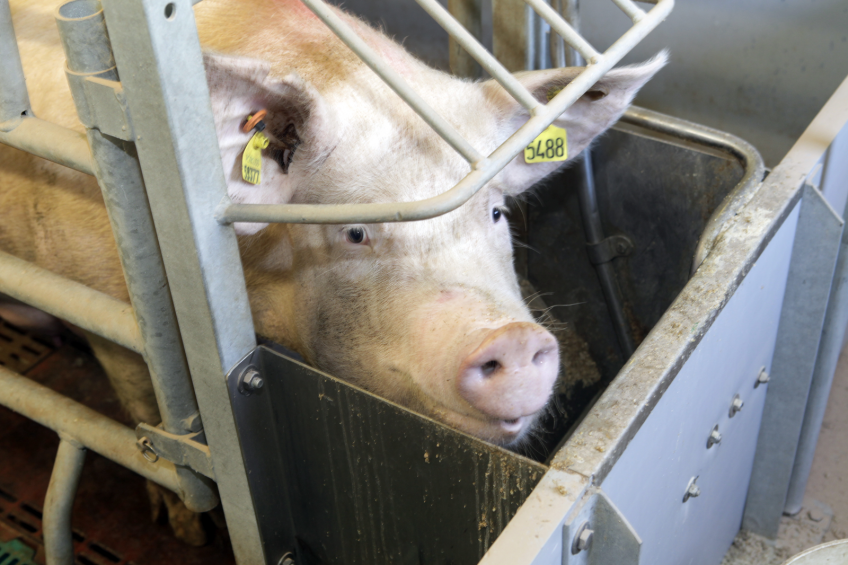New transmission route for Japanese Encephalitis

Japanese Encephalitis (JE) virus can also be transmitted from pig to pig, according to new Swiss and French research. Previously it was thought that mosquito transmission was the only way possible. What does this new discovery mean for the pig industry?
The research, carried out by researchers from the University of Bern, the Swiss Institute of Virology and Immunology (IVI), and the Aix Marseille Université, France, and was published in the journal Nature Communications.
No explanation on how JE virus survived winter
Up until now, there has been no explanation how the virus, causing fertility problems, fever and encephalitis in pigs, could survive in winter. After all, the virus is closely related to the West Nile, Zika and dengue viruses – all flaviviruses that are transmitted by mosquitoes.
Still, the virus which is found in large parts of South East Asia and India, has survived winters in regions such as the northern Japanese island of Hokkaido – and has been observed to cause new outbreaks the following year.
A news release from the University of Bern states: “Outbreaks in some cases occurred on the same farms as in the previous year, despite the fact that no infected mosquitoes could be found in the area. In Taiwan, too, pigs were infected with JE viruses during the winter, but no infected mosquitoes found.”
Infected pigs discharge the virus in saliva
As the researchers have now been able to show, infected pigs discharge the virus in their saliva for several days, and the animals are also susceptible to infection through the mouth or nose with very low doses of the virus. In pigs the virus was found to spread through the brain and cause inflammation.
The virus was, however, found to grow most in the tonsils, where it was detectable for several weeks or even months. The authors of the research article suggest that JE viruses could possibly circulate in pigs and survive for months. When the virus is secreted again, for example as a result of a different infection that weakens the immune system, a new infection cycle could then begin. Further studies are needed to prove this link.
The study published shows that even for viruses that are spread by insect bites, direct transmission through animal to animal contact cannot be ruled out. A vaccine is, however, available for both people and animals.
Japanese Encephalitis in humans
Japanese Encephalitis can also cause serious brain inflammation in humans. It circulates between birds and mosquitoes and between pigs and mosquitoes, and is passed to humans through mosquito bites. In children in particular, infection can lead to acute encephalitis and permanent impairment or even death.
The discovery means that the virus theoretically can be a bigger risk for humans, researcher Artur Summerfield explained on the University of Bern’s website, He said, “This means that the virus could circulate within the pig population without mosquitoes, and thus spread even to regions with a temperate climate.”
The published article was written by Meret E. Ricklin, Obdulio Garcia-Nicolás, Daniel Brechbühl, Sylvie Python and Beatrice Zumkehr, IVI, Switzerland; Antoine Nougairede and Remi N. Charrel, Aix Marseille Université, France; Horst Posthaus and Anna Oevermann, University of Bern, Switzerland; and Artur Summerfield, attached to both IVI and University of Bern, Switzerland.











